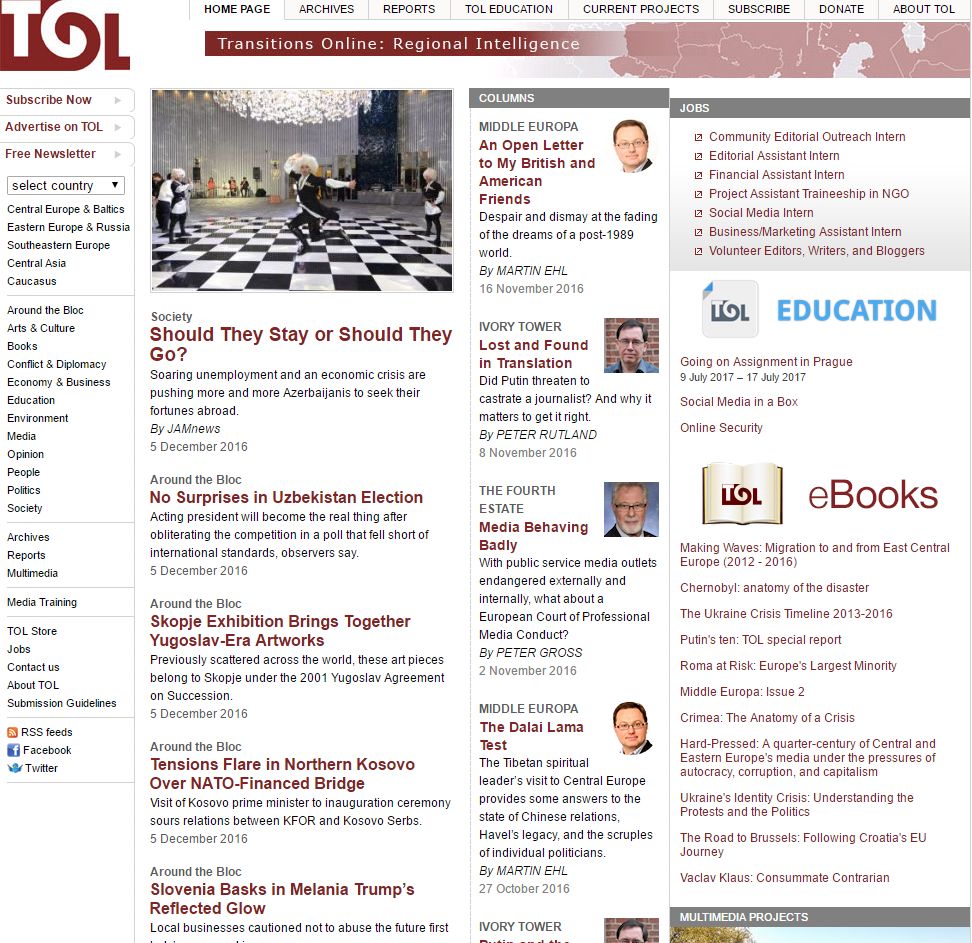MIGRATION AND SOCIAL TRANSFORMATION. THE CASE OF ALBANIA AND GREECE
Author(s): Rifat Demalija / Language(s): English
/ Issue: 1/2014
Keywords: Social transformation; migration; development; brain circulation
Migration has become a very sensitive issue for the society not in Albania, but in Europe and beyond it last twenty years. The development through migration seems to be a political issue, therefore it’s still regarded a social problem which needs to be controlled. Migration has played a big role within the social order, bounding societies with high cultural differences and beliefs.The case of Albania and Greece, after 1991, helps me to claim that migration has not only influenced the development of both countries, but it has also transformed the social life. This paper aims to take into account two important issue; social transformation and human mobility and its relationship with migration and development, observing the case of Albania and Greece 1991 -2013. The paper will answer the question about the social integration and benefits of both social groups involved; migrants and hosting communities. Globalization (especially after the collapse of the communistregime in Albania), represents an important development in social, economical and political life in both countries, Albania and Greece. The migration of Albanians denied for more than forty years by the communist regime, was reflected with the wave of migration after 1991 initially in Italy and Greece. Within two years, more than 300,000 Albanians emigrated, seeking for a better life, while after 20 years more than 1 million Albanians are living abroad.Albanians are by far the largest groups of foreign workers in Greece, estimated at 650,000 to 800,000. With the economical crises in Greece the situation has changed and many of migrants have decided to return home. What they bring home is not only their money and experience, but they bring most the social transformation. Focusing on the social transformation and human mobility, this research brings into the attention not only benefits of economical developments,but also the social transformation, through exchanging skills and attitude, brain circulation from which benefits both countries..
More...


